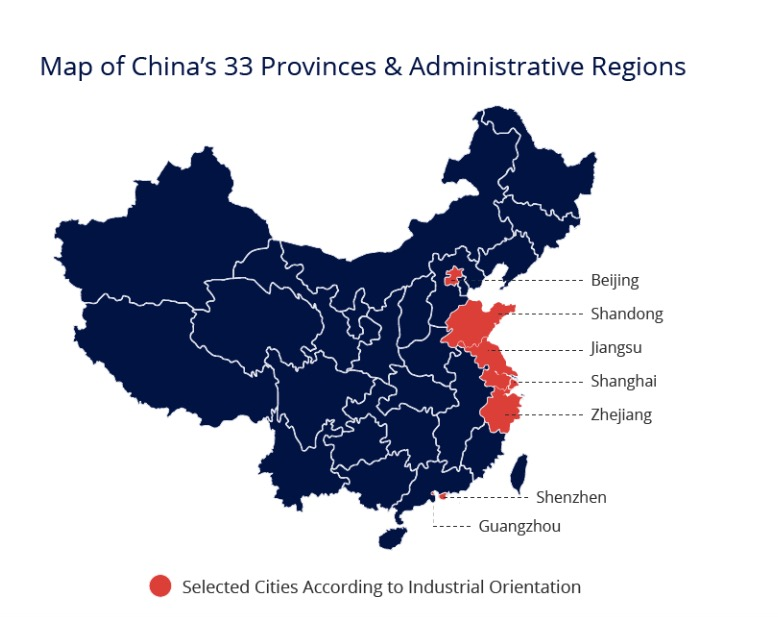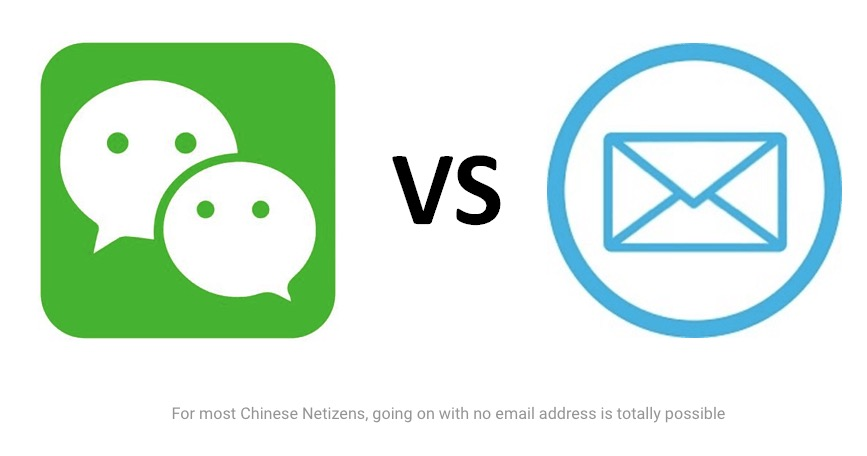1. Ignoring local culture and business etiquette
China’s B2B market is a highly competitive and complex environment. Neglecting local culture and business etiquette will make it difficult to establish and maintain positive relationships with B2B clients in China. Although it is challenging to entirely change a company’s style or culture, it is essential to show a positive attitude towards learning Chinese culture. In addition, parent companies need to understand the intricacies of the Chinese market and adopt more flexible business strategies in China.

2. Being professional is not enough
Only being professional is not enough, for it is entirely possible that foreign companies lack the flexibility to customize their products to a specific business challenge. Therefore, foreign enterprises, regardless of industry, may benefit from adjusting their products and services to match the needs of the Chinese market. Otherwise, B2B clients in China may view these international firms as mere suppliers rather than actual partners or long-term solution providers, and inability to go beyond sales could hinder the development of deeper relationships with B2B customers.
3. Targeting China as one large, unified market
China is the world’s third-largest country by area, with 685 cities and 33 provinces. The factors including economic status, culture, population, vary from region to region. Therefore, adopting a one-size-fits-all strategy for the Chinese B2B market is not a wise decision. Starting on a modest scale, gaining experience, and then adjusting to the market is an option for foreign firms. This approach can be more effective than rushing into the market without fully understanding its diversity.

4. Email marketing is not so popular in China
Due to unique Internet-cultural developments, people prefer to communicate through instant messaging apps than email – even for business communication.
Chinese consumers have not cultivated the habit to use emails regularly in their daily life and this is the main reason why email marketing is less effective in China. As Allison further highlights, “Email marketing often leads to a brand’s disappointment as the majority of Chinese do not routinely check their personal emails (if they even have one) and would expect the brands they care about to meet them in their natural digital habitat”.
As a result, email marketing in China can be a challenging and frustrating process, sincere there is a high possibility that B2B clients in China will not check their emails and ignore any advertising.










